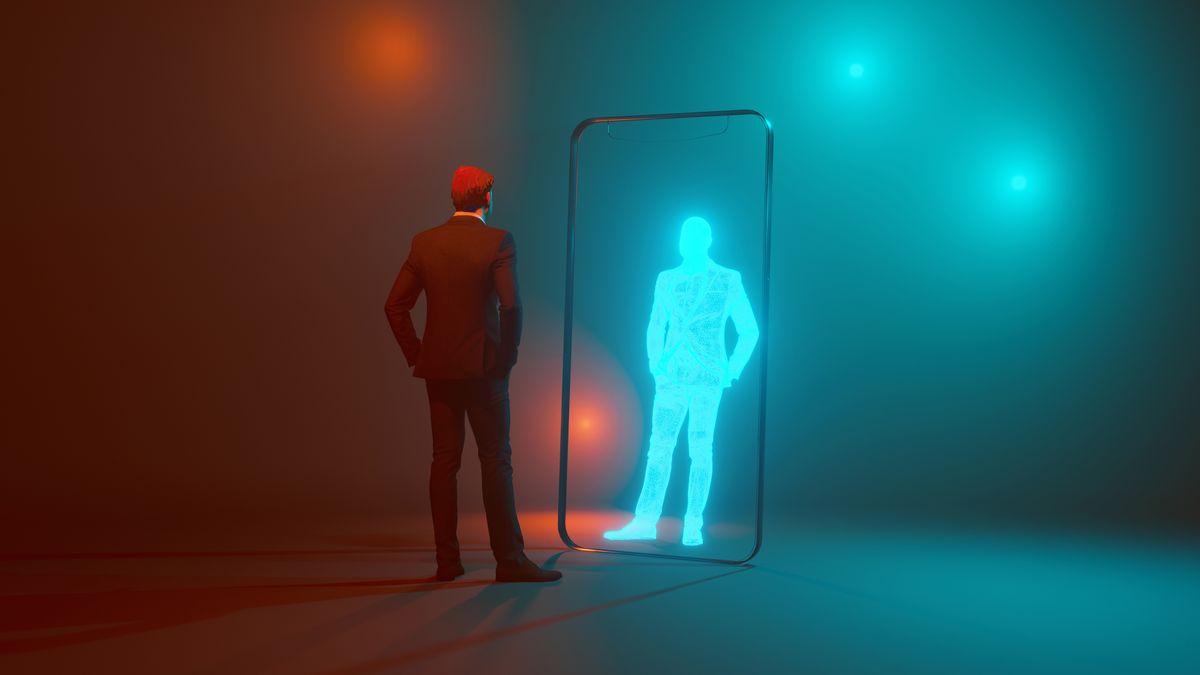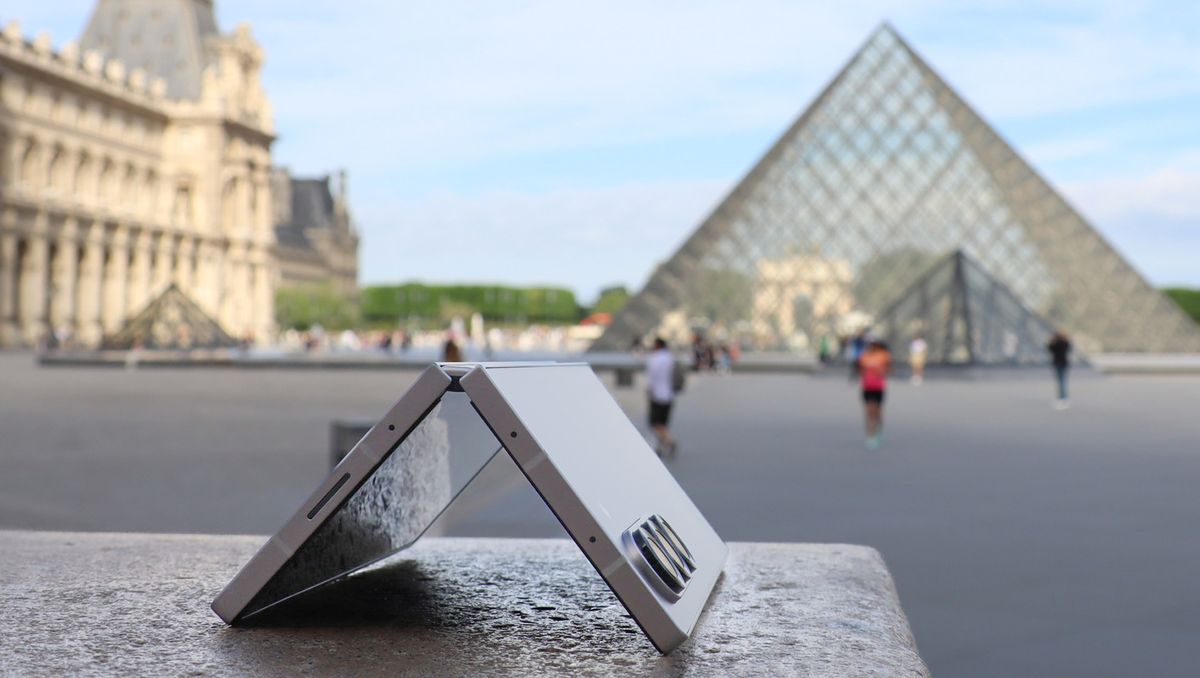Tesla just announced its results for the first three months of 2025, and they represent the steepest sales decline in company history. Deliveries fell by 50,000 vehicles, to 336,681 cars, down 13% from the same period last year. It was Tesla’s worst quarter since 2022.
Most analysts were expecting a large sales decline, in part because numbers coming out of Europe have not been good, and because Tesla temporarily closed some factories to update production lines for the new Model Y. There exists a wishful belief that some buyers held off while they waited for the new version of its most popular car to become available.
On social media, users report that the updated Model Y vehicles quickly became available at the start of March. And on Tuesday, Electrek reported that Tesla currently has $200 million worth of Cybertrucks sitting unsold in its inventory. The “other vehicles” category, which includes Model S, X, and Cybertruck, was down 12,000 vehicles over the period last year. Which is to say, Tesla’s truly newest vehicle since the Model Y appears dead on arrival.
It is hard not to overlook the broader problems facing Tesla, namely the intense politicization of the brand under Elon Musk and fierce competition from rivals.
Polls in recent months have shown that the majority of Americans do not seem to like Musk’s polarizing brand of politics. But worldwide protests, including vandalism, could have told you that. The traditional buyers of electric cars, eco-conscious liberals, are turned off by his right-wing views and alignment with President Trump. And while conservatives may appreciate his major backing of the Republican party, his cartoonish antics can be grating. MAGA supporters can espouse their views by purchasing a large pickup truck that will not get them bullied or ostracized by half the country. They do not need to buy an electric car to signal their values.
On Tuesday, Musk suffered a political setback in Wisconsin after his choice in a Supreme Court election there lost to liberal judge Susan Crawford. Musk spent $26 million on the race with support from President Trump in hopes of flipping the liberal majority. Even though Wisconsin chose Trump in the presidential election, sentiment suggests voters there do not like Musk’s slashing of the federal government or attempts to buy local elections.
On the competition front, China’s BYD is outselling Tesla once again, with sales of 416,000 electric vehicles in the first quarter. The company has managed to run circles around Tesla in its second-largest market, offering affordable cars with impressive performance including high-speed charging and free self-driving functionality—all while opening factories around the world. Meanwhile, Tesla’s line of vehicles is stale—in a market like China that is not great, as buyers demand newness. Sales of China-made Tesla’s fell 11% in the quarter.
But no matter, Tesla is a robotics and artificial intelligence company now. That is why its market valuation of $800 billion far exceeds other automakers that sell many more vehicles like Toyota and Ford. Tesla claims it is going to create robots that can replace humans on factory lines, and all the cars on the road today are going to be replaced by autonomous Cybercabs.
The key question, if you believe Musk’s next act for Tesla is not in vehicles, is how does it get there if its prime moneymaker, selling cars, dries up? Tesla was a front-runner in the electric vehicle space, but its moat has all but evaporated while its CEO is distracted by politics and tarnishing the brand. Musk is more closely involved in politics than any CEO in recent memory, and it is clear there is a reason why other company leaders shy away from it.
Tesla has more than $30 billion in cash to help it fund investments, and sales could rebound in the coming quarters if consumers become fatigued by protests. Earlier backlash against companies like Bud Light and Target typically did not last very long. Ultimately, what most car buyers care about is value. Tariffs imposed by President Trump could benefit Tesla too, as the company manufacturers its cars for the U.S. market domestically.
But waiting could only metastasize the problem if it does not improve, and from a fundamental business perspective it is clearer than ever that Tesla is not the special company it once was. It is sad in a sense—it did not have to be this way. Tesla’s wounds are wholly self-inflicted.
Not all may be lost, though—there have been rumors circulating on Wednesday that Musk may leave his role with DOGE soon. Maybe the backlash is getting to him.









 English (US) ·
English (US) ·